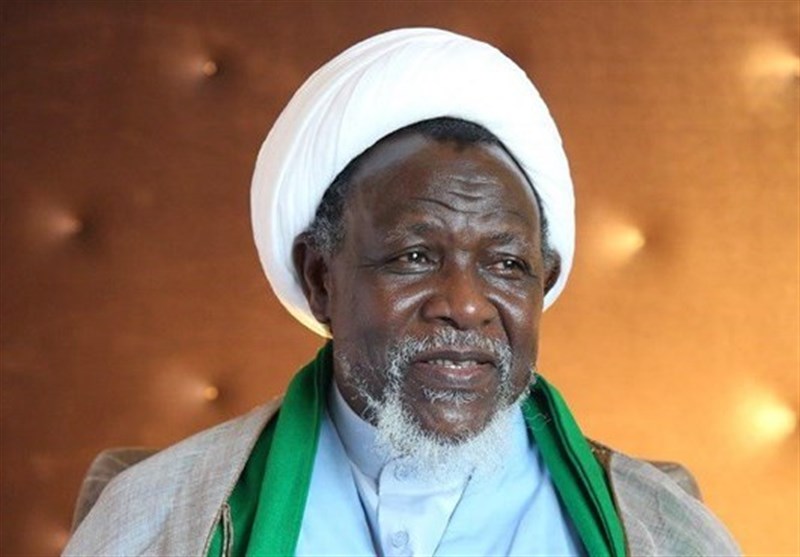AhlulBayt News Agency (ABNA): Nigeria Shiite leader Sheikh Ibrahim Zakzaky and his wife were released on July 28 after six years in prison where they were subjected to torture.
A Nigerian court acquitted him of all charges and ruled that there is no excuse to keep him in prison.
Sheikh Zakzaky was arrested in an army raid on his house on December 13, 2015. The Nigerian military justified his arrest by claiming that his supporters attempted to assassinate the Nigerian army chief of staff in the Zaria region in the center of the county, but now, a court has ordered release of Sheikh and his wife. The court ruling was an important decision in the way of his full acquittal.
Sheikh Zakzaky's imprisoning politically-motivated
His complete acquittal and release from prison demonstrated that since the beginning, Sheikh Zakzaky's arrest was a politically motivated decision as a result of an internal and foreign plot to systemically crack down on the Nigerian Islamic Movement to which he was a leader. In other words, his arrest was outcome of the government's anti-Shiite agenda that had foreign backing. Saudi Arabia and the UAE obviously encouraged the Nigerian government to imprison the high-profile Shiite leader.
The significant increase in the number of Shiites in Nigeria in recent years has, on the one hand, sensitized the authorities in Abuja and, on the other hand, provoked a backlash from the reactionary Arab regimes led by Saudi Arabia. The Nigerian Shiites are the most populous Shiite community on the African continent. Their population was reported around 7 million in 2008. Sheikh Zakzaky has been leading the Islamic Movement for the past 30 years and has been inspired by the Iranian Islamic Revolution of 1979.
After the victory of the Islamic Revolution in Iran that removed the West-backed monarchy and installed the Islamic Republic, Zakzaky went infatuated with Imam Khomeini's pro-justice and freedom thoughts and traveled to Iran years later, and when he returned to Nigeria a cleric, he preached Shiite Islam in the Zaria of Kaduna state.
Remarkable reception of him and his teachings left the radicals in Nigeria in an extreme fear of expansion of his thoughts. As a result, he was arrested illegally in late 2015. During the raid and protests at his detention, the army killed about 500 Shiites.
Abuja decision a move towards proximity of Islamic sects
Sheikh Zakzaky and his followers have apparently fallen victim to home politicized actions and regional conspiracies. The Nigerian government's crackdown and attacks on the Shiites are never purely internal and foreign hands are noticeable behind it. Whereas the Shiites of Nigeria have been providing social services, helping the needy, and propagating tolerance and peaceful coexistence of the country's religions and sects, takfiri groups like Boko Haram, which are ideologically affiliated with extremist Wahhabi thought of Saudi Arabia have been involved in violent and terrorist actions. While the Islamic Movement is growing increasingly popular for its thoughts, Boko Haram with its reactionary thoughts, especially its strong opposition to education of women, is facing aversion of the Nigerian society.
In boost of Boko Haram ideology Saudi Arabia as the bastion of Wahhabism has the biggest role, as the group's terrorist operations clearly pose big challenges to the Nigerian government.
This situation demanded from the government a review of its obviously wrong political decision of antipathy to the Shiites starting with Sheikh Zakzaky release. The court ruling represents a highly positive step toward proximity of the faiths and paves the way for peaceful coexistence of them. The decision can also improve the bilateral ties with Islamic Republic of Iran as a Shiite country.
/129

